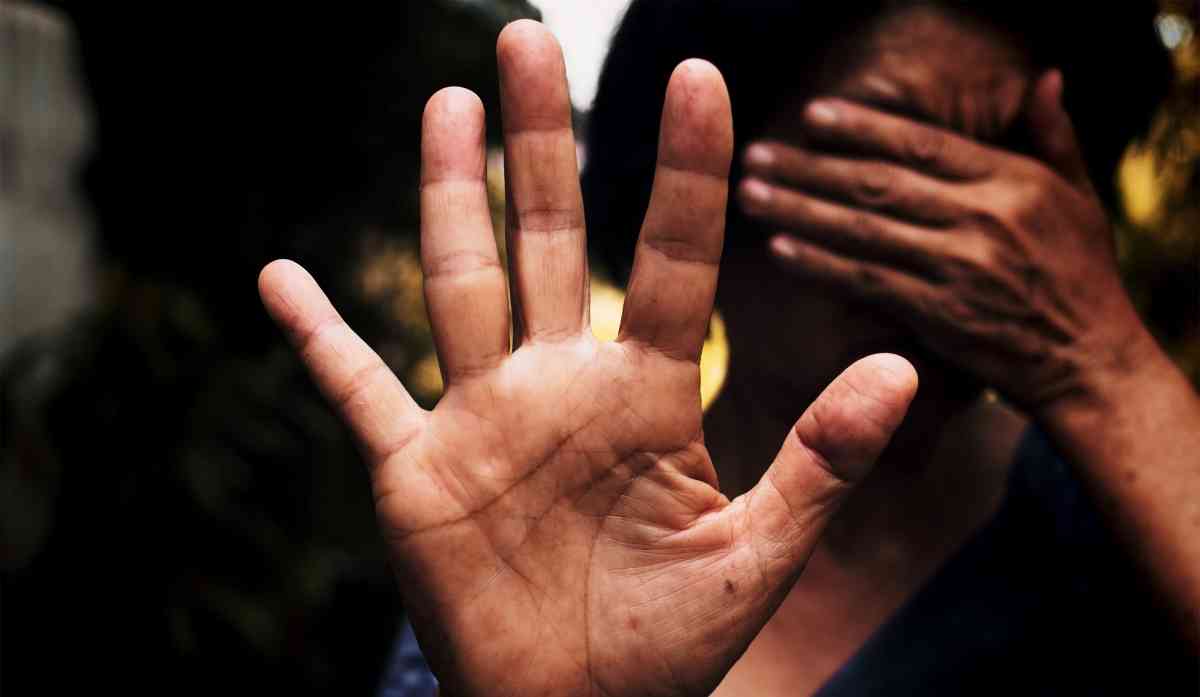
THE World Vision has kicked off a 15-month project aimed at boosting nutrition gardens in Mudzi district, Mashonaland East province.
Funded by the United States Agency for International Development (USAid), the project is called the Protection and Nutrition Emergency Response (PRONE for Mudzi).
It aims to reduce malnutrition and improve child protection by improving their access to and availability of nutritious foods in Mudzi district.
PRONE for Mudzi will partner Musasa Project to enhance gender equity and increase access to gender-based (GBV) violence protection services.
Musasa will provide relief to GBV survivors, improve attitudes towards gender equity and GBV prevention through communication strategies.
There will be GBV awareness campaigns, and one-stop centres in the district.
World Vision Zimbabwe national director Assan Golowa welcomed USAid’s financial and technical support for the PRONE for Mudzi programme.
‘‘This programme comes in at a critical time when nutrition, gender and protection needs in Mudzi are apparent. The support will go a long way in strengthening maternal infant and young child nutrition, as well as gender-based violence prevention and response,” he said.
- World Vision fights malnutrition, GBV in Mudzi
Keep Reading
Golowa said poor communities were still reeling from the COVID-19-induced disruptions.
‘‘Many children and communities are still in need. PRONE for Mudzi will focus on educating communities on the importance of adopting improved nutrition practices in addition to enhancing community-based management of acute malnutrition through training, coaching, and monitoring village health workers,” Golowa said.
“The project will also work to strengthen the ability for clinics to screen and treat malnutrition cases.”
Golowa said beneficiaries would also be receiving cash vouchers to supplement their basic needs.
Musasa Project programmes officer Tinashe Chitunhu said food insecurity fuelled child marriages and GBV.
“Musasa is coming in through gender-based violence mitigation through awareness raising, community dialogues, dialogues with men termed PaDandaro Revarume and safe spaces for women, as well as providing GBV services through mobile GBV one-stops to reach those marginal areas in Mudzi,” she said in a written response.
“As Musasa, we are coming in with the safe programming component which aims to ensure that humanitarian interventions do not inadvertently cause harm to people or undermine the values, standards and norms of humanitarian work.”










